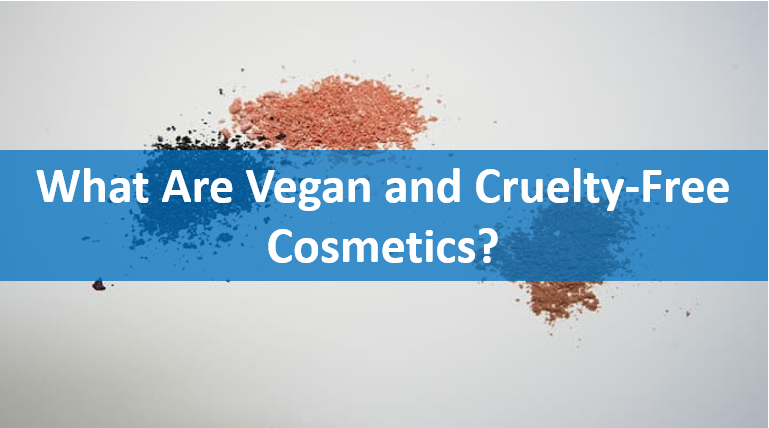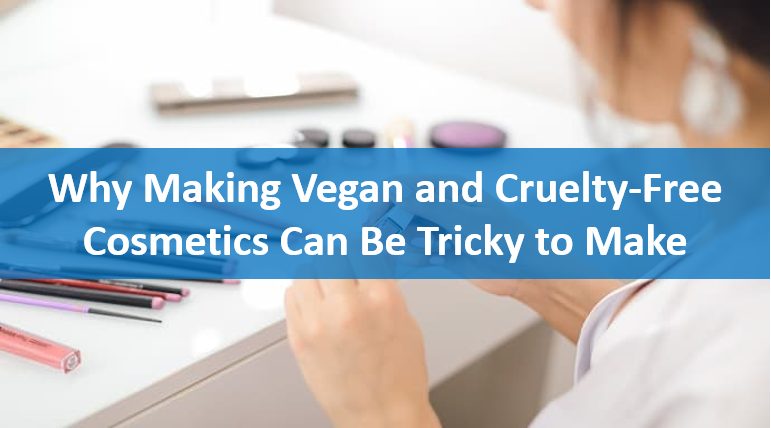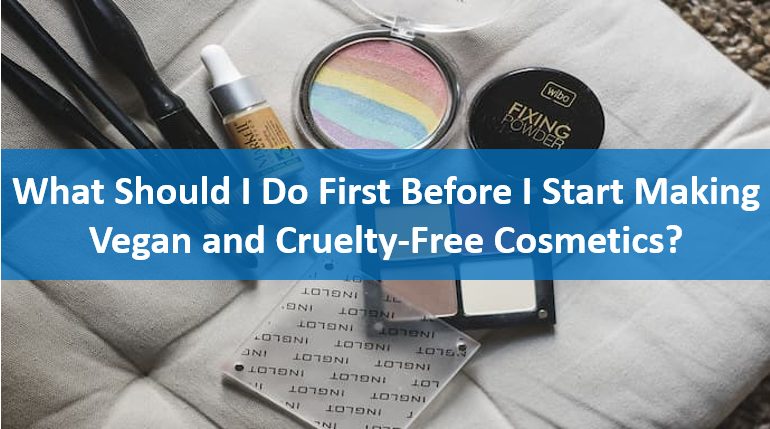
- HOME
- Cosmetic OEM Lab
What is sustainable beauty.
How to creat the sustainable beauty products.
Is sustainable beauty products good?
In recent years, the demand for vegan and cruelty-free cosmetics has surged as consumers become more conscious of the ethical and environmental impacts of their purchases. For entrepreneurs and beauty enthusiasts alike, building a vegan and cruelty-free cosmetic line is both a noble pursuit and a business opportunity. However, this venture requires careful planning and a deep understanding of the industry’s unique challenges. In this article, we’ll explore how to create a vegan and cruelty-free cosmetic line, from understanding the basics to overcoming potential obstacles.

Contents

To successfully create a vegan and cruelty-free cosmetic line, it’s essential to understand what these terms mean and how they differ.
Vegan cosmetics are products that do not contain any animal-derived ingredients. This includes not only obvious components like animal fats and extracts but also less apparent ingredients like certain colorants, preservatives, and even fragrances that may be animal-derived.
Cruelty-free cosmetics, on the other hand, are products that have not been tested on animals at any stage of their development. This includes everything from individual ingredients to the final product. It’s important to note that a product can be cruelty-free but not vegan if it contains animal-derived ingredients, and vice versa.
The benefits of vegan and cruelty-free cosmetics extend beyond ethical considerations. Consumers are increasingly looking for products that align with their personal values, including concern for animal welfare and environmental sustainability. Additionally, many vegan ingredients are plant-based and often come with skin benefits, such as being rich in antioxidants and vitamins.
Japan is known for its advanced cosmetic industry, and there are manufacturers who specialize in vegan and cruelty-free products. However, the availability of such ingredients may vary, and it may be necessary to import some components or work closely with suppliers to ensure that all materials meet vegan and cruelty-free standards. Japan’s beauty industry is gradually adapting to global demands, but due diligence is required when sourcing ingredients from this market.

Creating vegan and cruelty-free cosmetics is not without its challenges. Understanding these challenges can help you better prepare and navigate the process.
One of the primary challenges of producing vegan and cruelty-free cosmetics is the cost. Sourcing high-quality, ethical ingredients often comes with a premium price. Additionally, the certification processes for vegan and cruelty-free products can be costly and time-consuming, adding to the overall expense of production.
Maintaining quality control in vegan and cruelty-free cosmetics can be more complex than in traditional cosmetics. Without animal-derived ingredients that often act as preservatives or stabilizers, it can be challenging to ensure that products have a long shelf life and maintain their efficacy over time. This may require the use of alternative preservatives, which must be carefully selected to align with vegan and cruelty-free standards.
Sourcing the right ingredients for vegan and cruelty-free cosmetics can be difficult, especially if you’re looking for specific qualities like organic or fair-trade. Many common cosmetic ingredients are derived from animals or tested on animals, making it essential to conduct thorough research and establish relationships with trusted suppliers who can guarantee the ethical sourcing of materials.

Before diving into the production of vegan and cruelty-free cosmetics, there are several crucial steps you should take to set yourself up for success.
Working with a manufacturer who has experience in producing vegan and cruelty-free products is invaluable. They can guide you through the complexities of ingredient selection, formulation, and certification. It’s important to choose a partner who shares your commitment to ethical practices and can meet the standards required for vegan and cruelty-free cosmetics.
Before committing to full-scale production, request pricing information and product samples from potential manufacturers. This allows you to assess the quality of their work and ensures that the products meet your standards. Trying samples also gives you an opportunity to test the efficacy and safety of the formulations before they reach consumers.
Each country has its own set of regulations governing the production and sale of cosmetics. It’s essential to familiarize yourself with these regulations to ensure that your products are compliant. This includes understanding labelling requirements, ingredient restrictions, and any necessary certifications or approvals.

Building a vegan and cruelty-free cosmetic line is a rewarding but challenging endeavour. It requires careful consideration of ingredients, formulation, and ethical standards. While there are obstacles to overcome, such as sourcing ingredients and maintaining product quality, the growing demand for ethical cosmetics presents a significant opportunity for those willing to invest the time and resources. By partnering with experienced manufacturers, understanding the market, and adhering to regulatory requirements, you can create a successful line of cosmetics that resonates with today’s conscious consumers.
Inquiry
For further information, please contact us.